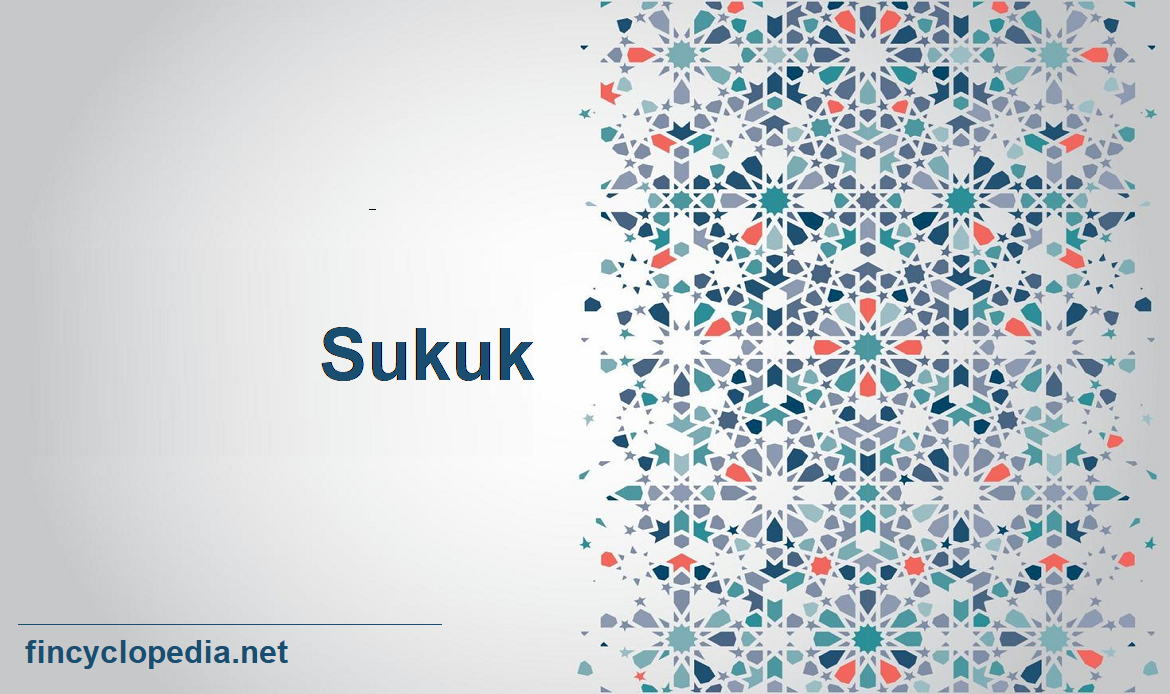An Arabic term (عارية المنافع) that translates as gratuitous loan of usufruct (iqradh al-manfa’ah– إقراض المنفعة). It arose from the practice whereby palm trees, in Madina, were assigned by their owners for a specific period of time (one year, two years, etc), for the poor and the needy to benefit from their fruits. This practice is an exception to the prohibition of muzabanah sale (ba’i al-muzabanah– بيع المزابنة). The people of Madina were prohibited from exchanging fruit on the trees for dried fruit- presumably because of the gharar element associated with such a transaction. However, the Prophet (pbuh) provided an exception to this prohibition in the case of ‘araya, allowing the poor and the needy with dried dates to sell them to tree owners in return for the ripe fruit on fruit-bearing trees for a year.
December 14, 2024






